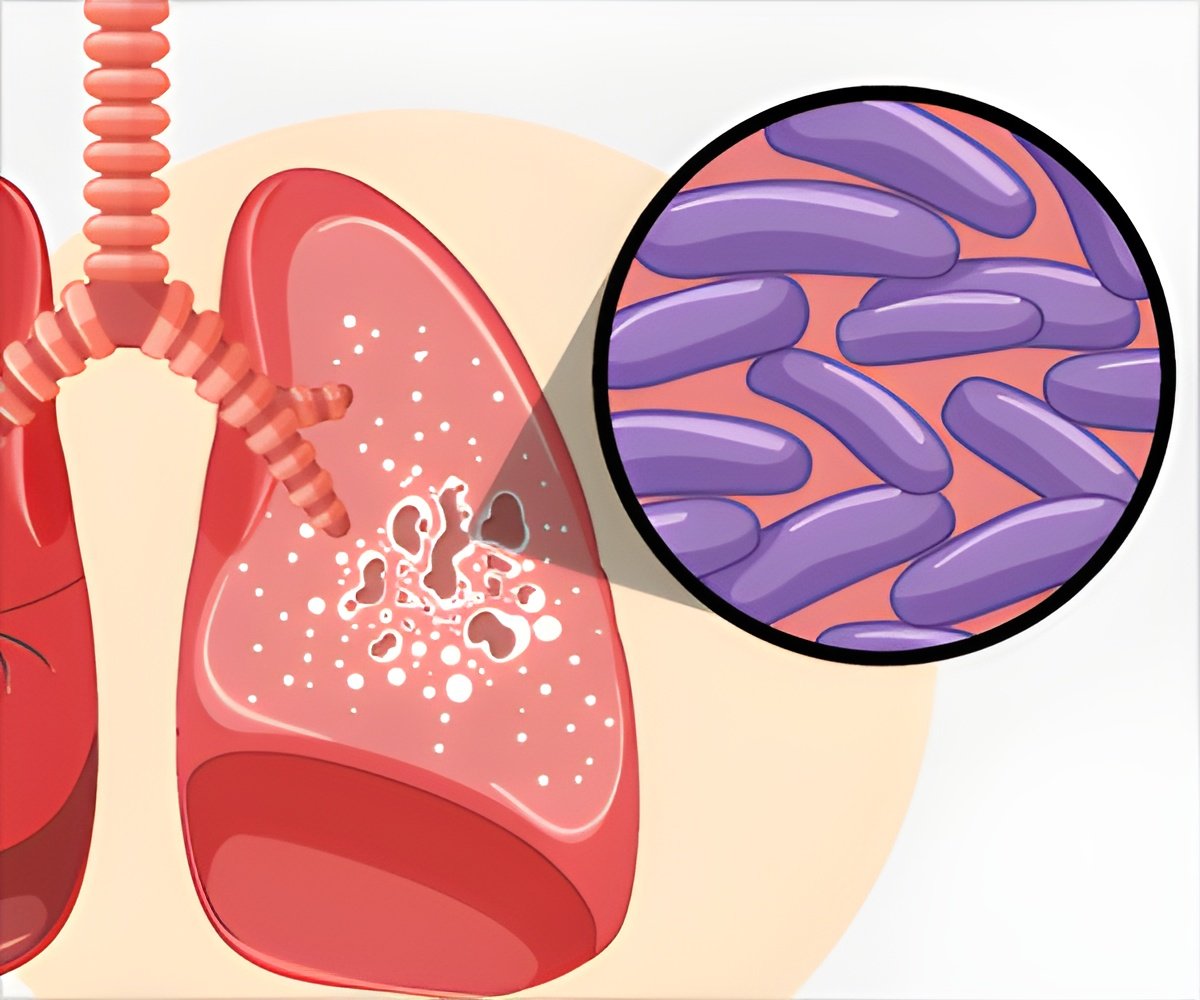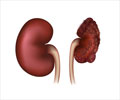COVID-19 adds upto 95,000 additional tuberculosis (TB) deaths in India in five years due to low health services.

‘This would be an increase of 8-14 per cent in cumulative TB deaths for that period, said the study.’





They examined the impact of various reductions in social contacts and impacts on health services due to COVID-19. The researchers hypothesised that social distancing might reduce TB incidence as Mycobacterium tuberculosis, the bacteria which causes the disease, is transmitted via droplets in the air -- similar to the coronavirus.
However, even after taking into account this potential reduced TB transmission, the most likely scenario was estimated to result in more than 95,000 additional deaths in India, 6,000 in China and 13,000 in South Africa.
In the worst case scenario, where Covid-19 interventions to reduce social contacts are minimal, but TB health services are badly affected, results suggest an increase in TB deaths of 149,as448 in India, 23,as516 in China, and 28as,631 in South Africa between 2020-2024.
This would be an increase of 8-14 per cent in cumulative TB deaths for that period, said the study.
Advertisement
"This is especially so in low- and middle-income countries where health services, or access to them, might be substantially disrupted. Early anecdotal information from China, India and South Africa suggests that the number of people being diagnosed and treated for TB has fallen significantly."
Advertisement
The researchers modelled different scenarios with various implementations of social distancing measures and health service disruption lasting for six months to estimate the impact of Covid-19 on global TB burden.
They found that if there is substantial health service disruption, such as a 50 per cent reduction in TB cases detected and successfully treated, there would be an increase in both incidence and deaths from TB over the subsequent five years, regardless of the level of social contact.
"We need to act now to ensure innovative approaches to people-centric TB care are the focus, so that the fight to end this pandemic doesn’t overwrite the hard-won gains made against this disease," McQuaid said.
"Given that health service disruption far outweighs the benefit of social distancing, it is crucial to maintain and strengthen TB-related health services during, and after, Covid-19."
--IANS
gb/sdr/
Source-IANS















